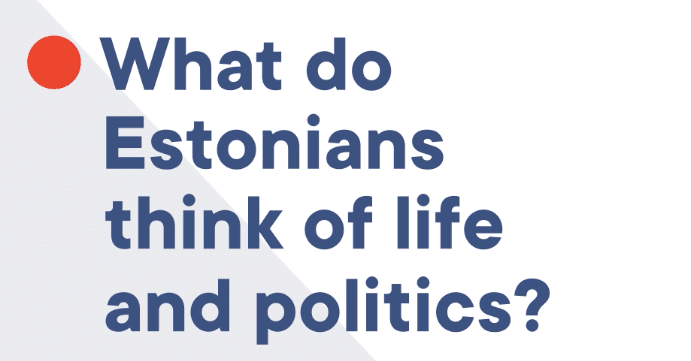Democracy, 'Alternative Reality' and Estonia's Resilience

Over the past few years, the European Union has coped with far-reaching political, economic and social changes and a string of successive and sometimes overlapping crises. The financial and economic crisis, refugee and migration flows and the Covid-19 pandemic all underscore both the extent to which our world is interconnected and the vulnerabilities of modern societies. Globalization, digitalization and an all-encompassing information age are indeed providing an unending challenge to all.
GLOBSEC’s report, Voices of Central and Eastern Europe: Perceptions of democracy & governance in 10 EU countries, provides unique insight into public satisfaction with the functioning of democracy and governance in ten Central and Eastern European countries: Austria, Bulgaria, Czechia, Estonia, Hungary, Latvia, Lithuania, Poland, Romania and Slovakia.
This country report focuses specifically on Estonia. As the Estonian partner within the project, the International Centre for Defence and Security (Rahvusvaheline Kaitseuuringute Keskus / RKK / ICDS) has contextualised Estonia country specific findings in the report on latest developments in the Baltic country.
The key findings of this report are:
- Estonians are overall satisfied with their life but remain sceptical about functioning of democracy in the country and question equal treatment of all citizenry.
- The willingness of Estonians to trade away some of their rights and freedoms in exchange for more security is relatively high.
- Social divisions and polarisation are suspected to have grown within the Estonian society.
- Estonians are more prone to believe in anti-NATO and anti-EU conspiracies than to believe in global conspiracy theories.
- While the willingness to vote in the next election is low, liberal democracy enjoys a steady support among Estonians.
Read more in the fact-sheet and report below.
For more information about Estonia, please visit ICDS’s website